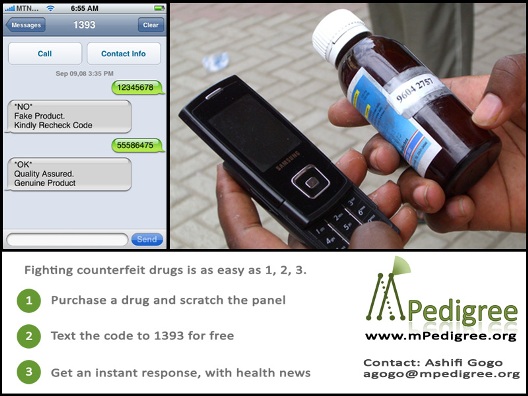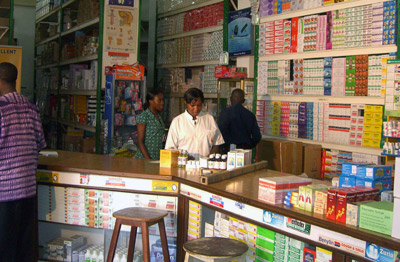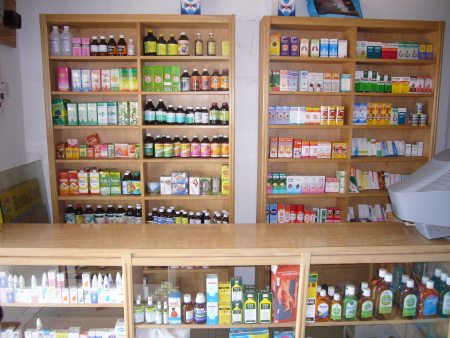mPedigree

Launched in 2007, the mPedigree initiative actively engages stakeholders in developing nations towards safer drugs via a combination of stepped up enforcement and carefully crafted technology. MPedigree's efforts contribute directly in developing a comprehensive strategy to combat fake drugs in developing nations, where the WHO estimates that more than 30% of drugs could lead to the healthcare crises that fake drugs often unleash. Via cellular authentication methods, mPedigree has validated the concept of mobile-based drug-pedigree assurance in developing nations.

If Symptoms Persist is a documentary filmed in Accra, Ghana, on the issues regarding fake drugs in developing nations revealed by key stakeholders on the Ghanaian drug scene. The half-hour feature shows exclusive interviews with government decision makers, regulators, consumer associations, and industry opinion leaders. Within the documentary, an innovative mobile phone-enabled drug authentication method for developing nations is described, with details on the two-month technology trial and reaction shots from the general public.
Background
It has been recognized for a very long time that the drug trade is like no other trade. With the possible exception of the arms trade (which is, one may suppose, at the other extreme of the spectrum), no other type of commerce elicits the concern of those charged with the safety and well-being of the population to the same degree as the selling, consignment, and buying of pharmaceuticals and related products, such as biologicals and nutraceuticals.

Developing Nation Pharmacy
Almost every country in the world therefore imposes special conditions on the cartage and marketing of drugs. The role of public agencies in dispensing and monitoring such regulations takes shape against a background of public-private interrelationships across pharmaceutical commerce that is more pronounced than any equivalent civil-society context. Hospitals, retail pharmacies, manufacturers, distributors, healthcare professionals, health insurance managers, health and safety regulators, and of course, government departments and assorted trade associations, typically range from fully private interests to fully public actors and everything in-between.
Public health management is therefore an onerous undertaking even in the most straightforward of contexts. Adding concerns about criminal and fraudulent operations within the sector threatens to undermine any prospect of a manageable situation.
But that is precisely what the world has to contend with in the form of a massive expansion of the counterfeit drug trade, the introduction of sub-standard medication by dishonest contract manufacturers, sometimes with the connivance of unethical regulators, and the dilution of required dosages at points of drug administration or dispensing. It should be noted that these same concerns are equally rife in both the generics and branded trades.
In wealthier countries, as one would expect, these challenges, while intimidating, rarely overwhelm the public health infrastructure. The availability of resources further permits the use of innovative approaches that allow those working in the public interest to at least keep in step with criminal operators. But such is the scale of the problem that adequate resources notwithstanding, the task is anything but uncomplicated.
The United States began attempts to introduce a comprehensive drug-pedigree system with the passage of the 1987 Prescription Drugs Marketing Act. The bid to stay ahead of criminal operators through the construction of an electronic system of pedigree management – ePedigree – has exposed the enormity of the challenge, and forced the scale-back and postponement of ambitious targets and milestones.

New Ghanaian Pharmacy
It may seem then that there is no hope for the developing world at all, at a time when many countries confront a massively intensifying storm of counterfeiting that in countries like Nigeria actually appear bent on jeopardizing the entire health system.
However, proponents of the mPedigree program believe strongly that there is a chance for the poorest countries in the world, the worst hit in this global deluge of fake and dangerous medication, to overcome the counterfeit menace confronting their national healthcare systems through self-reliance and a little help from abroad. On this website, we explain to everyone with an interest in this matter why we believe this to be the case and invite your support to join our initiative of hope.
